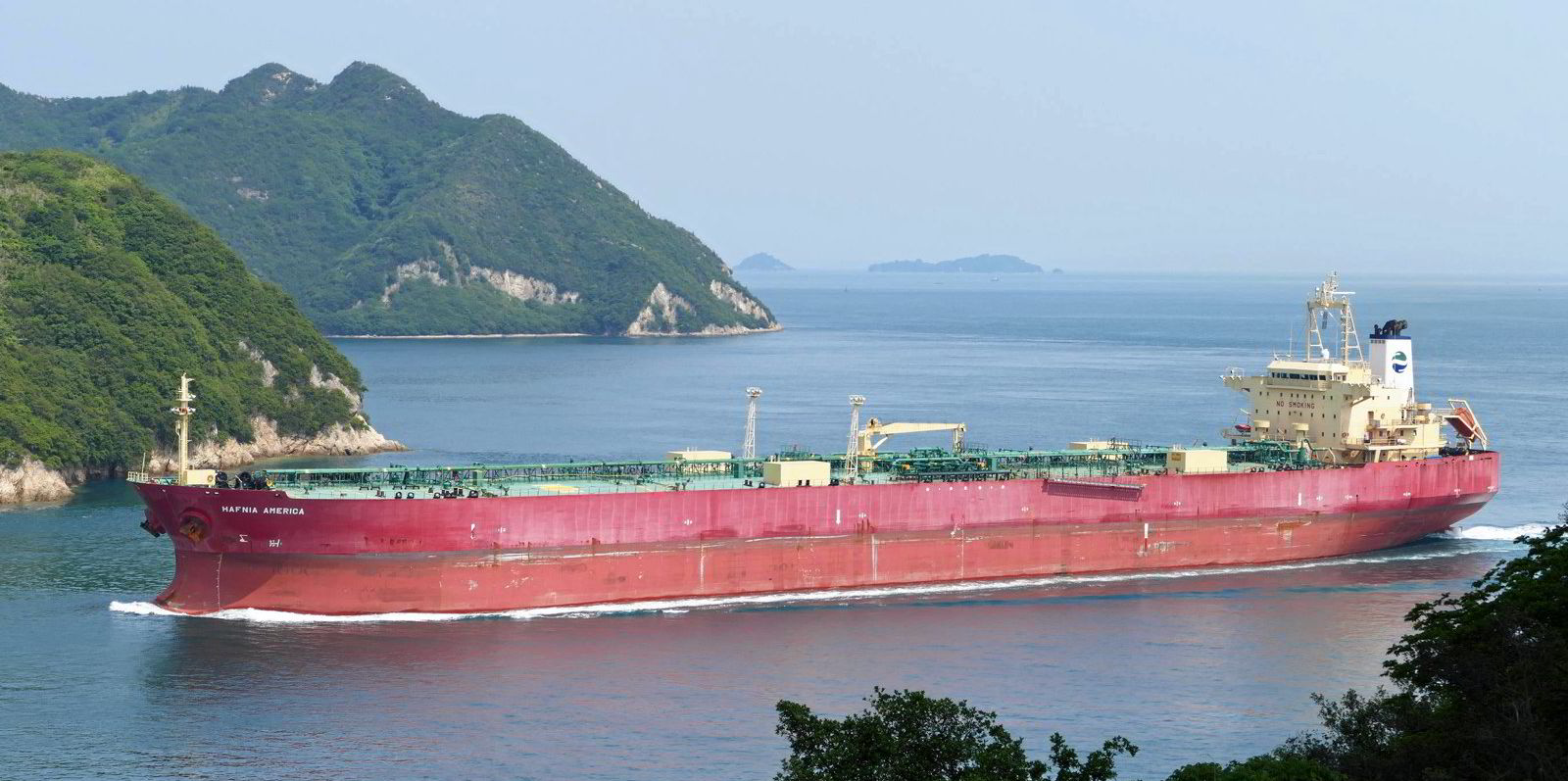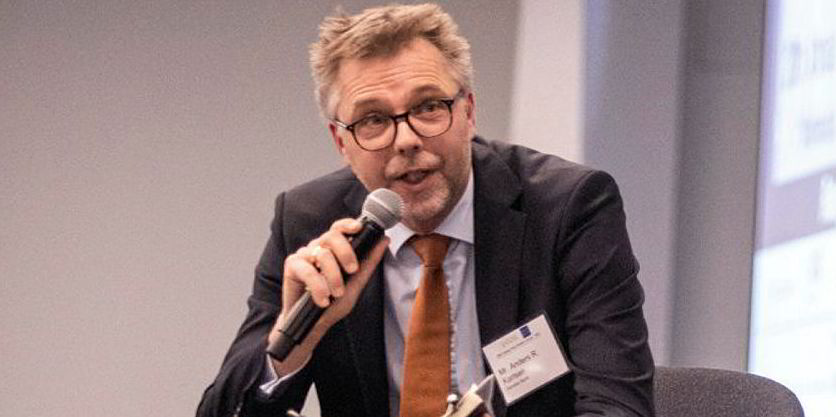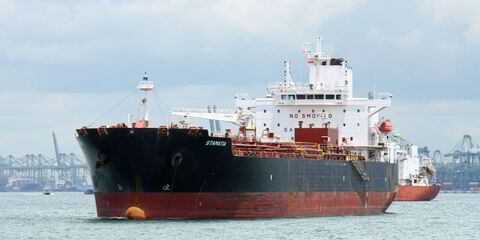The Covid-19 pandemic sprang a surprise demand shock on the product tanker industry. But we do expect demand to recover to previous levels over the next 12 to 18 months.
Although it will not happen overnight, this event has likely also accelerated the energy transition as nations look to invest in large renewable energy projects as a means of economic stimulus. We view all of these developments as positive for large market-leading companies like Hafnia, which were already focused on adapting to the changing world.
After a year like no other, TradeWinds asked 40 shipping industry stakeholders what they see for 2021 after a year beset by the coronavirus, and how the pandemic will shape shipping's future.
The resulting pressure for and subsequent introduction of increased environmental regulations create a need for more collaboration between industry players — not only among shipowners and operators but also charterers, banks and governments. No one company, no matter how large, is going to be able to make the appropriate decisions alone.
We have recently announced many partnerships that exemplify this belief. Whether we are exploring new forms of propulsion (dual-fuel, LNG-powered vessels with Total), replacing inefficient methanol production facilities (Kalama Investment with Northwest Innovation Works), or striving to increase the involvement of women in the industry (Women in Maritime Lab with Shell and other BW companies), we are collaborating with other forward-looking companies to arrive at optimal results.
These sorts of initiatives are necessary to ensure our business model remains adaptable and competitive in the face of changing demand for transport and a zero-emission environment. When you boil it down, the crux of our business is arranging transport.
We will be ready to do this for whatever needs transporting in the future. Companies need to be able to cast their nets wide to be ready for the many possible pathways forward — especially considering the lack of future-proof vessel designs.
In the short run, this dynamic is beneficial for the market as it will lead to reduced ordering. This will improve the supply/demand balance, making way for stronger markets once the virus is under control.
The pandemic has also forced everyone to increase and accelerate their focus on digitalisation and remote capabilities. This will make smaller businesses, which cannot benefit from economies of scale, less competitive and encourage further consolidation in the industry. As should already be clear, Hafnia views consolidation as beneficial and sustainable for the industry in the long run as the larger platforms empower companies to make more sustainable decisions.
While the product tanker market is currently at the mercy of the pandemic, we are excited for the industry to be even better positioned once the virus is under control.





